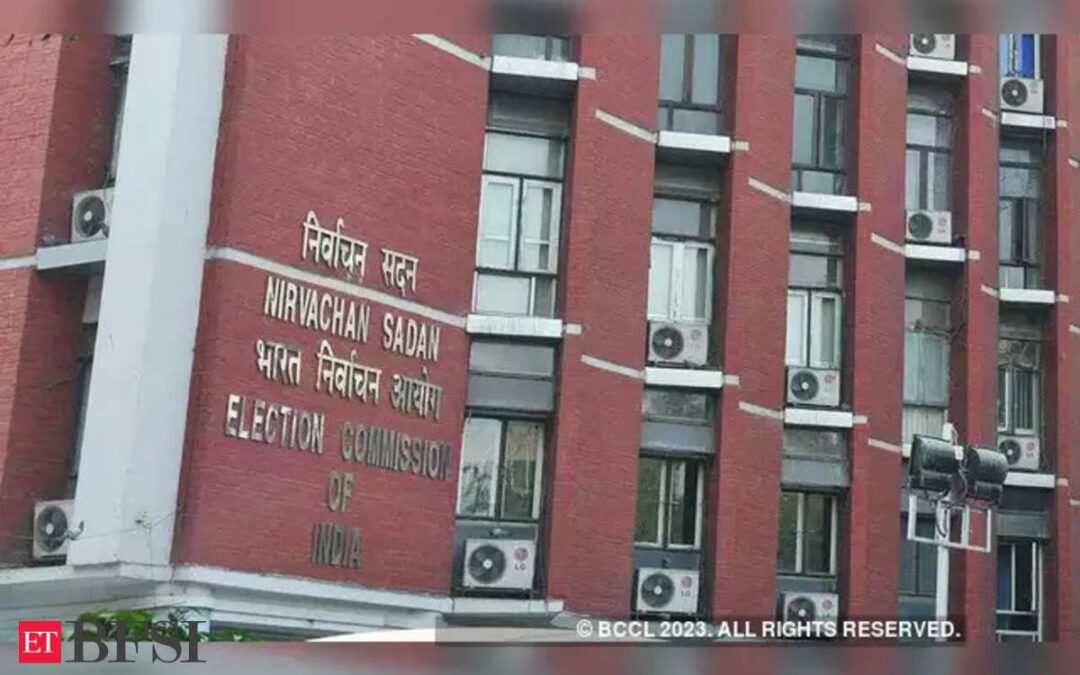As the five-State Assembly elections approach within the next five weeks, banks are intensifying efforts to closely monitor bulk online and significant offline transactions. This initiative aims to ensure that the electoral process remains free from inducements and undue financial influence.
Banks across Telangana, Madhya Pradesh, Chhattisgarh, Rajasthan, and Mizoram have already been put on high alert to implement specific measures for tracking and reporting mass online transactions. The Election Commission has issued clear instructions and standard operating procedures (SOPs) to identify and report any suspicious financial activities during the election period.
The State Level Bankers’ Committees (SLBCs) in these states will play a pivotal role in coordinating the monitoring efforts among their member banks, in line with guidelines provided by the Election Commission. State Bank of India (SBI) serves as the convenor for SLBCs in Telangana, Chhattisgarh, and Mizoram, while Bank of Baroda (BoB) and Central Bank of India fulfill this role in Rajasthan and Madhya Pradesh, respectively.
Enhanced monitoring
Back-end systems will be strengthened to track and scrutinise bulk transactions, even when the amounts involved are relatively small.
To enhance monitoring, banks will place a particular emphasis on enforcing Know Your Customer (KYC) norms for transactions involving substantial deposits or withdrawals. Front-end banking operations will continue to require KYC verification, ensuring that customer transactions proceed without interruption.
Banks will also closely examine transactions related to the Pradhan Mantri Jan Dhan Yojana (PMJDY) accounts, which exhibited increased balances leading up to the elections. Some banks have already initiated inquiries into these transactions, although the findings have not been publicly disclosed. Additionally, SLBCs will collaborate with other enforcement agencies, including the Income Tax Department and local law enforcement, to promptly report any transactions deemed suspicious.
While banks are diligently working to maintain electoral integrity, they acknowledge certain operational challenges. For instance, tracing transactions involving migrant labourers can be complex, as funds may be deposited or withdrawn in different locations by family members residing in various states.











